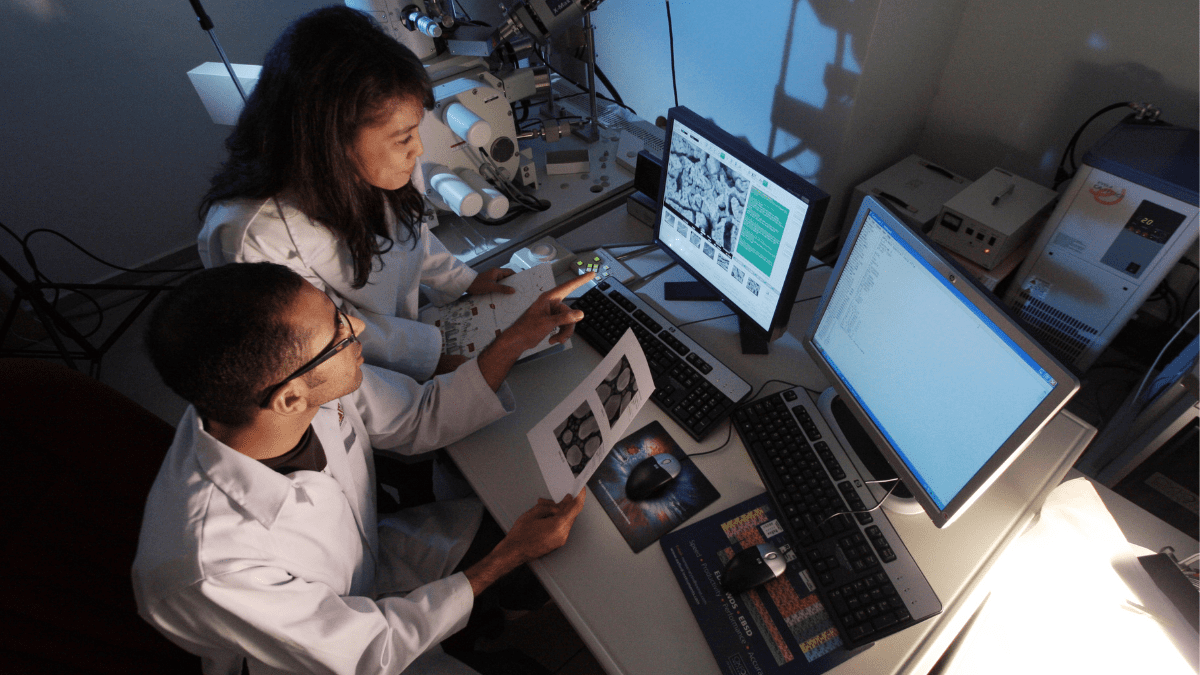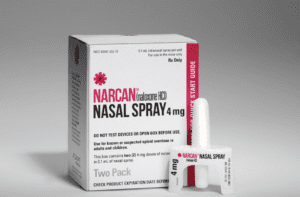
So You’re Starting a PhD Program – 5 Things You Can Start Doing Your First Year to Give You a Head Start in the Non-Academic Job Market
Congratulations! You just finished up your undergraduate or Master’s degree and are gearing up to start a new adventure in the fall – a PhD program.
Whether you’ll be getting your hands into cell culture, synthesizing chemicals and compounds, or doing protein purifications until you’re blue in the face, chances are that you probably haven’t given much thought to what comes next after the PhD. And why would you, especially when that goalpost is likely at least 5 years away? Heck, right now you’re probably just trying to figure out how to sign for your first apartment!
Even though the end of your PhD might seem far away, time will go by quicker than you think, and it’s never too early to start thinking about your next steps, even if the steps are very small at first. And with increasingly fewer folks seeking academic roles post-PhD, it pays to explore exactly what you’ll be able to do with this hard-earned degree!
RELATED: 5 Tips for PhD Students and Postdocs to Help Land That Non-Academic Job
Here are just a few things you can start doing and thinking about in your first two years of graduate school that will undoubtedly help you get ahead as you’re exploring and preparing for your future career.
1) Sign up for LinkedIn, and be active!
If you already have a LinkedIn, way to go! But if you don’t, you’ll definitely want to sign up for one. It might not feel productive at first since you’re so early in your career, but LinkedIn will undoubtedly help you get noticed if you utilize it as a social networking tool.
Use a professional picture of yourself, even if it’s just a picture your friend took of you standing against a white wall wearing a nice shirt. Begin by connecting with your colleagues from undergrad, then your graduate school cohort. Follow various biotech and biopharma company pages, and join LinkedIn groups that match your interests. “Like” and “Share” posts that are interesting to you. As you explore more and more, connect with folks who are in a career path that you’re interested in. If you cold connect with them, be sure to include a message that states how you’re interested in learning more about their career path so that they’re more likely to accept your invite.
As you progress through your degree, you’ll find that you’ll likely already have a notable network to tap into. Speaking from experience, all of my careers post-PhD have in some way, shape, or form can be traced back to some sort of activity I had on LinkedIn, whether it be a job I applied to, a connection I made, or even a post I liked.
2) Sign up for Twitter – Yes, really
While LinkedIn is definitely the best place for professional networking, Twitter also has a lot of merit if you know what communities to tap into.
If anything, you won’t have to search too far until you find graduate students and postdocs who use Twitter to celebrate the highs and commiserate the lows of academic life. In the whirlwind and challenges of a PhD, it’s really nice to have a community of online friends who you can relate to, whether it posting a meme about a failed Western blot or cracking jokes about Santa Cruz’s poor quality antibodies.
Even more, you’ll can find like-minded communities that share career interests, especially related to biotech, science policy, and science communication. Search the hashtags “#biotech”, “#scipol”, and “#scicomm” to explore what’s out there, and following accounts that you’re interested in. These communities can be a goldmine of resources, whether it be sharing events and workshops or even job opportunities.
3) Get involved in things beyond the bench
The first year of grad school is hard. Really hard. You’re likely trying to navigate a new university, figure out your way around your new town/city, make new friends, figure out what lab you want to join, take classes, TA….the list goes on and on.
When you’re just starting out, the thought of adding yet another thing to your plan might make you want to scream, especially in your first semester. As you gradually start to settle in, though, you might find that participating in activities beyond the lab could be a great destressor.
For me, I joined the Women In Bio Capital Region chapter my first year, having been told about it by a more senior graduate student who had been involved for a few years. Being involved was a very low lift – I attended a few networking events where I could, and also inquired about potential future volunteer opportunities. During the summer between my first and second year I also volunteered for an organization called Asian American LEAD, where I would volunteer at a DC after-school program for Asian American children once every week or two.
Not only were these great ways for me to do something beyond lab and classwork, but they helped me to meet new people, some of which eventually became key mentors and resources for me as I progressed through graduate school and was preparing for science communication careers. Further, if you’re thinking of applying to external fellowships such as the NSF Graduate Research Fellowship, these opportunities are fantastic for boosting the “Broader Impacts” section of your application.
No matter what you do, be mindful of how much time you’re committing and your stamina. It’s very easy to feel like you need to work yourself to the brink of burnout during your PhD. Do things you genuinely enjoy vs. just doing them to help pad your resume, and if the time commitment is too much know that it’s okay to lean out for a while until you feel ready to dive back in.
4) Explore what kind of careers are out there
The first few years of your PhD are all about soaking up information, whether it be diving deep into the literature, learning a new technique, or getting your hands on a new instrument.
That same level of curiosity can also be applied to your job hunt, even if you are years away from applying. Peruse through LinkedIn, Indeed, and other job resources to see what kind of positions are out there and what kind of skills employers are looking for. BioBuzz even has its own job board you can explore, and we also have a weekly newsletter that can help you get up to speed on some of the biotech lingo and trends in the space…hint hint!
Take note of the positions that interest you, and don’t be shy about finding and reaching out to folks on LinkedIn who are in that position to ask them for an information interview so that you can learn even more. This doesn’t have to be a big to-do, either – even just poking around open positions as you’re drinking your coffee in the morning will add up over time.
5) Remember that this is YOUR journey
During your first year you’re going to be overloaded with information at all angles, and it’s going to be extremely tempting to compare yourself to other graduate students when measuring your own success.
Also, if you’re planning on going the non-academic route, you’ll likely hear chatter of folks thinking that you’re wasting your time and degree if you’re not planning to be a bench scientist. Or that industry only cares about money and you won’t be doing real research.
It’s all noise. Ignore it.
When that little voice starts nagging, whether it be imposter syndrome or comparing yourself to others or feeling like a failure, try your best to shake it off and remember that your experience will be different to everybody else’s. Folks will likely publish papers before you, some perhaps in Cell, Science, or Nature. Some might go to more conferences than you. Stay the course, and remember that graduate school is a marathon, not a sprint. Your well-being and mental health are of the utmost importance in helping you find success and feel successful. As you meet more people using the tips above, lean on them as a resource and a sounding board to help you get back on the tracks.
- About the Author
- Latest Posts
Sarah Ellinwood is BioBuzz’s Managing Editor. A scientist by training and a science communicator at heart, Sarah specializes in making complex concepts understandable, engaging, and exciting. She received her Ph.D. in molecular and cellular biology with a focus in infectious disease immunology from the University of Maryland and is passionate about all things related to scicomm, peer mentorship, and women in STEM.






